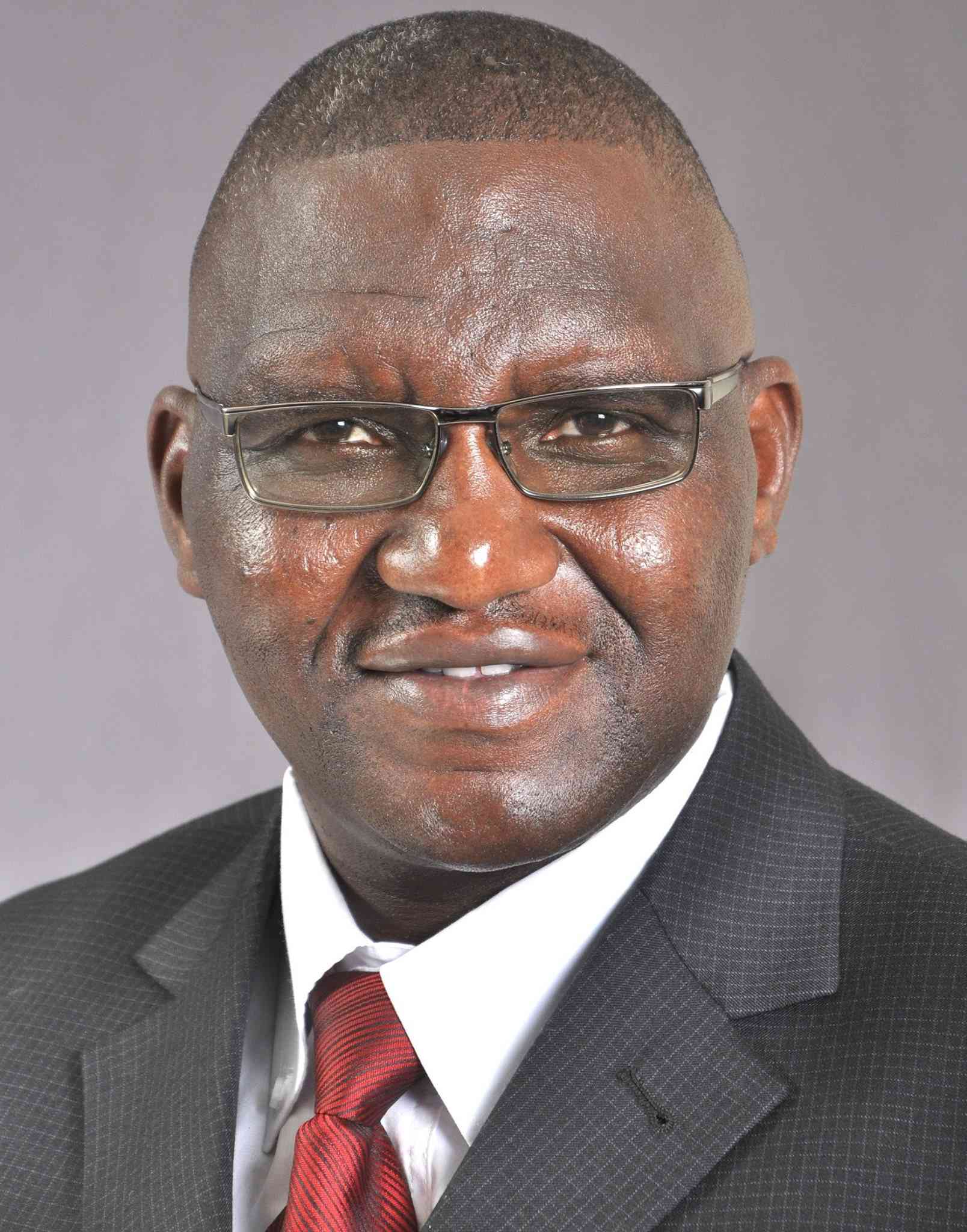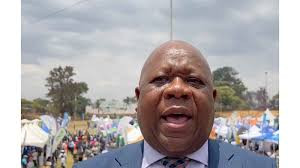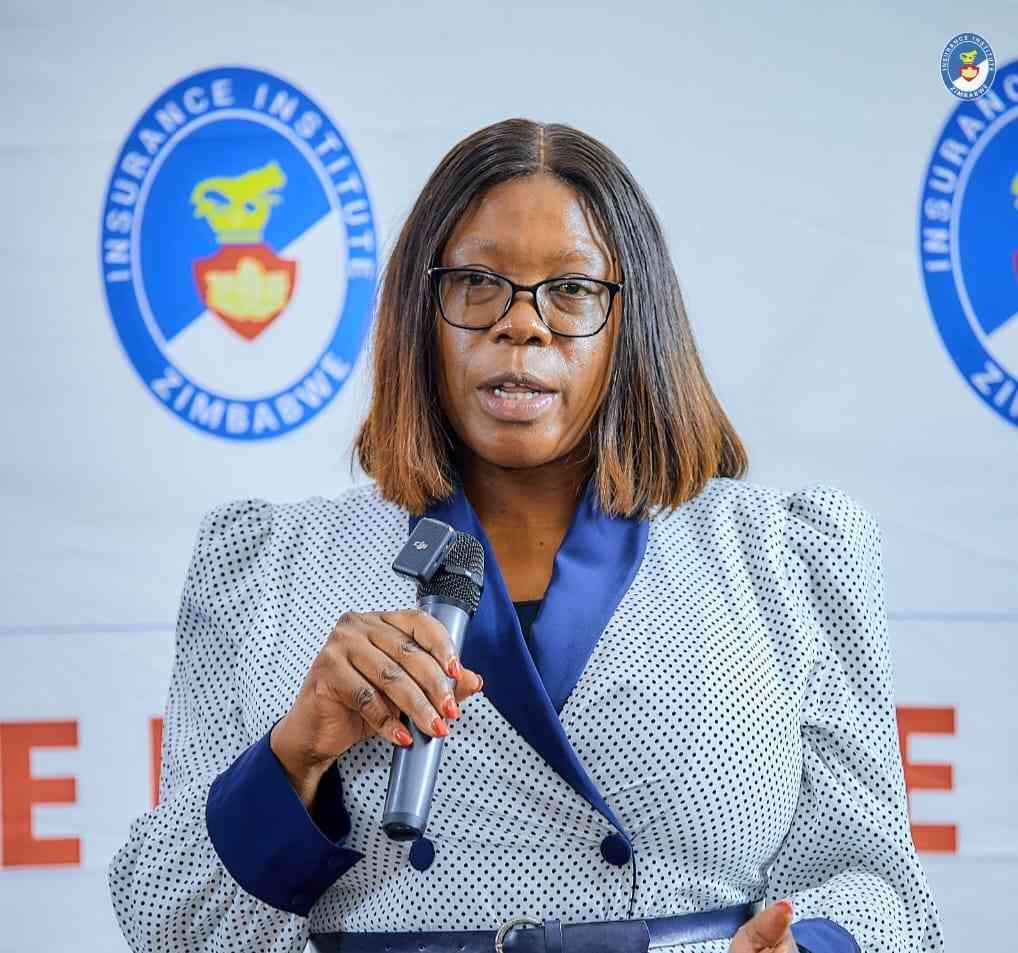
THE Consumer Protection Commission (CPC) will invest in technology and data analytics this year to improve its monitoring skills and spot trends and patterns that can guide its regulatory actions.
This was revealed by the commission’s chief executive officer Zororo Muranda during an annual general meeting held in Harare recently.
“Looking ahead, the commission is committed to advancing consumer protection in line with the provisions of the CPA [Consumer Protection Act],” he said.
“We will continue to engage with stakeholders to identify emerging challenges and propose innovative solutions. We will also invest in technology and data analytics to strengthen our monitoring capabilities and identify trends and patterns that can inform our regulatory interventions.
“Furthermore, we will actively engage with international bodies and organisations to learn from global best practices and contribute to the development of consumer protection standards at a global level.”
Muranda disclosed that the commission continues to face inadequate resources like any government entity. He, however, said in 2024, they are exploring innovative ways of raising resources outside Treasury.
For 2023, the CEO said 3 149 inspections and compliance checks were done. In addition, 50 reports were received and 672 cases were detected and investigated. Out of these cases investigated, 80% were finalised within the 14 days as prescribed by the Act.
In addition, over 2 000 businesses have been brought to book through prosecutions.
- Underfunding of national projects irks Research Council
- Business warned over disclaimer clause abuses
- Allow market forces to determine prices – Report
- Editorial Comment: Price crisis needs sober minds
Keep Reading
In line with the Devolution and Decentralisation Policy of 2020, the commission has developed its own devolution plan, which has since been approved by the board and is awaiting consideration by the ministry of Industry and Commerce before submission to Treasury for its concurrence.
“Delay by the commission in establishing offices in other provinces has (had) far-reaching repercussions or consequences,” he noted.
“It paints the central government in a bad light, by casting aspersions on government’s commitment to the devolution thrust, as outlined in the National Development Strategy 1 (NDS – 1, 2021 – 2025).
“We are hopeful that the ministry will expedite the process, and it will allow us to engage the Treasury on the matter so that the additional cost that will arise from the devolution will be captured in the 2025 budget.
“Staff to be placed in provincial offices will mainly be responsible for receiving complaints, action on those within their purview and upscale the complicated ones to head office.”
In the 2022 annual report, CPC chairperson Mthokozisi Nkosi said the African Continental Free Trade Area (AfCTA) will open new trade challenges, hence the need to come up with a robust consumer protection framework nationally, regionally and worldwide.
The AfCFTA agreement represents a united US$3 trillion African market of 1,3 billion people, making it one of the world’s biggest free trade areas.
He indicated that the commission will implement robust systems and processes to harness the power of technology to broaden its scope and amplify its influence.
“The world is moving so fast, especially on the digital front, ... that the commission needs to move with speed to catch up with the wave of digital technology. There is a risk that the commission might be left behind in the adequate financial resources,” he added.
The commission revealed that the major violations that have been noted included non-display of prices, selling of expired items and abuse of disclaimer clauses, deceitful and unconscionable business practices and hidden consumer costs.
CPC will negotiate a memoranda of cooperation with regulatory authorities, regional and international bodies to set up strong systems.
The organisation is a statutory body established through an Act of Parliament, the Consumer Protection Act (Chapter 14:44), which was enacted in 2019 and officially launched by President Emmerson Mnangagwa.











